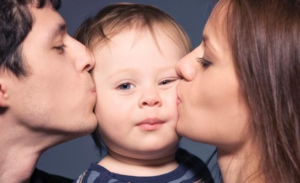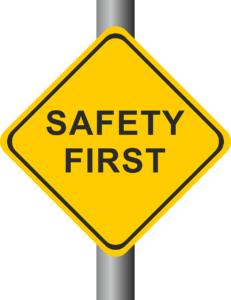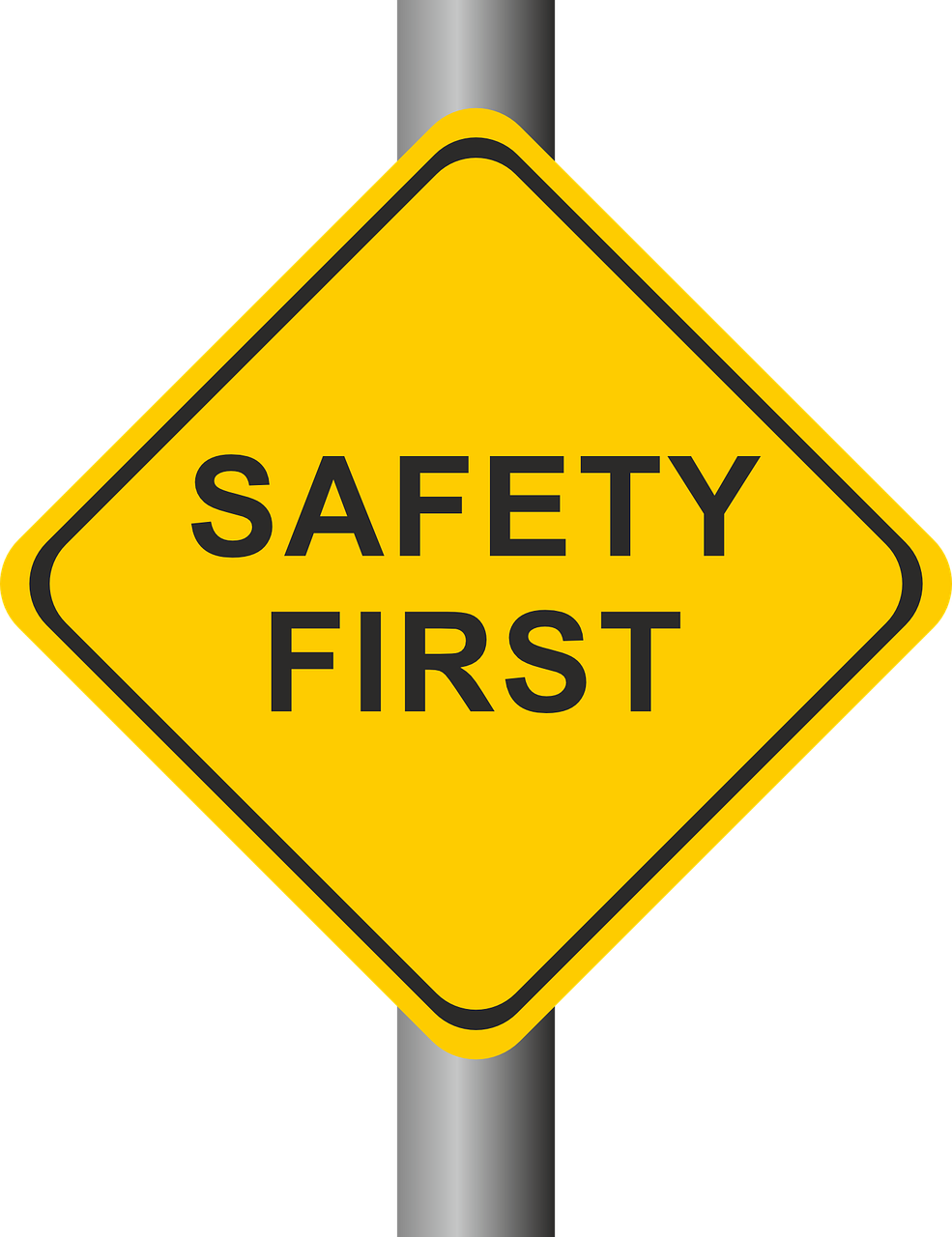
Raising children is a huge undertaking and it’s something that you can’t take time off from, or do 9-5. There’s so much to think about, but the main aspect of child-rearing is keeping them safe and healthy and teaching them how to keep themselves safe.
Maintaining good lifestyle habits is a valuable start, as your children learn from you. As well as leading by example, you need to encourage your children to think for themselves.
Children need to know that their actions have consequences
They need to know that there’s a difference between reality and make-believe. Teach your children that they should stop and have a quick think about potential consequences before acting.
Talk openly to them
If your children know you’re open and approachable, they’re more likely to confide in you.
Learn to relax
Develop relaxation skills like mindfulness and meditation and teach them to your children.
Eat well
Teach your children about healthy, balanced diets and foods and let them learn to enjoy a wide range of food.
Encourage activity
Make sure your children have access to sports and other physical activities. Curtail screen and phone time so they can find other hobbies and activities.
Teach them good hygiene
Kids are grubby; they also like close physical contact with other grubby kids and animals. Teach them basic good hygiene:
- Wash hands after using the bathroom and before eating;
- don’t share combs, toothbrushes and underwear with other children;
- cover the mouth and nose when coughing or sneezing, and
- avoid touching others’ blood, stool, urine and other bodily fluids.
Instilling good personal safety habits
The world’s full of potential risks, but your children have to learn to navigate them.
Teach them to give pets space, especially when they’re eating or sleeping. They should also know to ask the owner before petting someone else’s dog.
 Make sure they know to wear a seat belt, or a helmet when skating; they should never swim alone and they need to know how to summon emergency help. You can order a customized safety sign to hang in the porch so they don’t forget their helmets, gloves and so on when they leave the house.
Make sure they know to wear a seat belt, or a helmet when skating; they should never swim alone and they need to know how to summon emergency help. You can order a customized safety sign to hang in the porch so they don’t forget their helmets, gloves and so on when they leave the house.
Strangers
Your children need to know how to stay safe around strangers and when to avoid them. They also need to know who to ask for help if they get lost.
Peer pressure
Peer pressure becomes stronger as children get older and your kids will meet others who drink alcohol or take drugs. It’s easier to deal with if your children have some good strategies and answers.
They should spend time with children who maintain a more wholesome lifestyle and be able to avoid parties where there may be alcohol or drugs. Get them interested in alcohol and drug-free hobbies and make sure they get their friends on-board as well.
Teach them responses like “I have too much on this week,”, or “My parents will ground me if I (insert activity) and so I’ll miss (someone else’s) party,”
Let them know they can call you
Sometimes their judgement fails them or their peers start to get out of hand. If your children know they can call you for a pick-up, they’ll be more likely to turn to you for help rather than struggling alone. You’re not their friend, but you are very much in their corner.
Image: Pixabay
